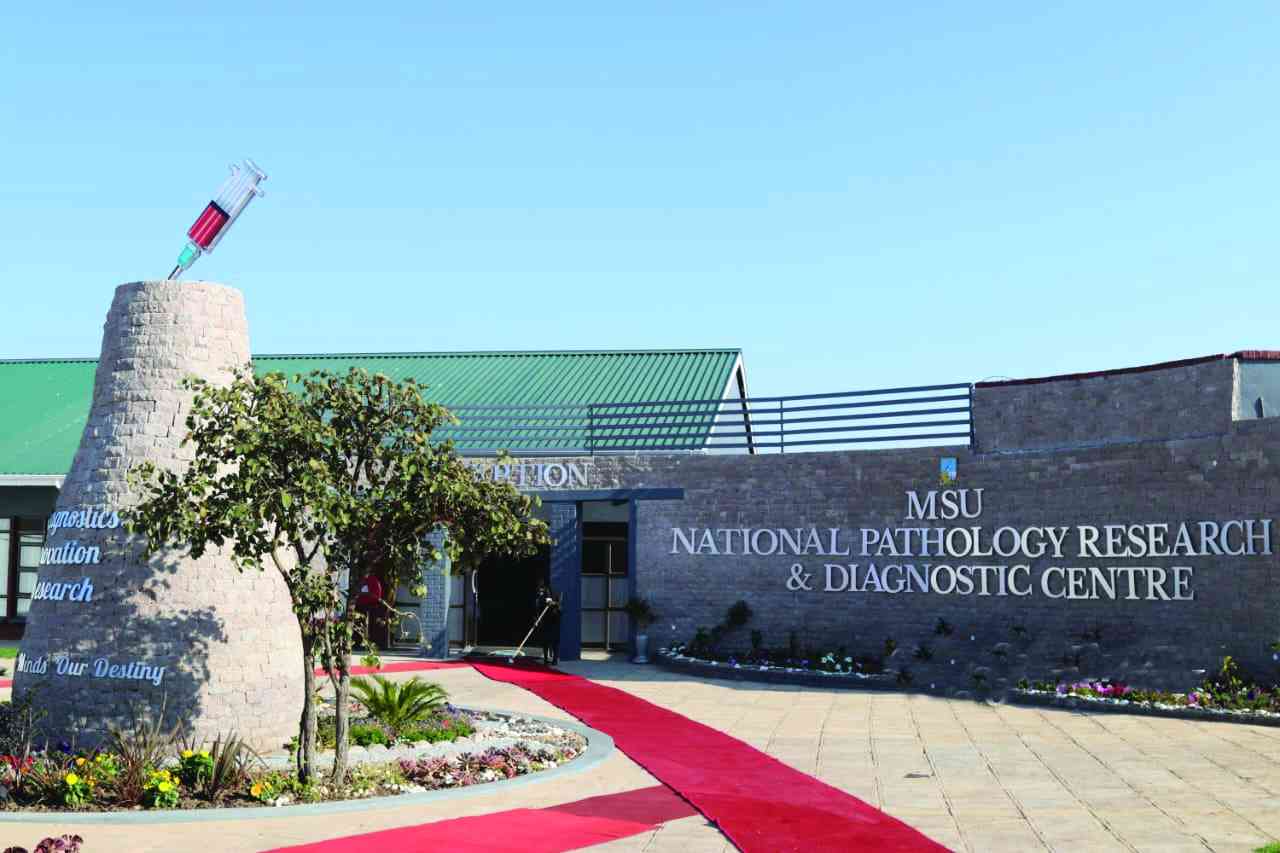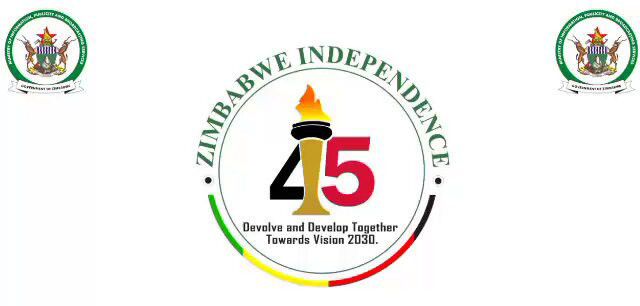
ZIMBABWEAN universities are no strangers to resource constraints. These institutions operate in a context of economic turbulence, limited funding, and bureaucratic inefficiencies, which challenge their ability to deliver quality education and impactful research.
Despite these hurdles, Zimbabwe’s universities have a unique opportunity to leverage bricolage — a concept rooted in using available resources creatively to address pressing challenges.
However, while bricolage can enable survival in the short term, its long-term sustainability remains debatable without robust frameworks, such as entrepreneurial leadership and project management capabilities.
This article explores how adopting a project management approach can help Zimbabwean universities move beyond bricolage, optimise resource use, and achieve sustainable growth.
Understanding bricolage
Bricolage is a French term that refers to “making do with what is at hand”. In management literature, bricolage is heralded as a practical strategy for mobilising existing resources in constrained environments (Baker & Nelson, 2005).
For Zimbabwean universities, this approach is evident in initiatives like utilising campus farms to support food security or adapting outdated equipment to meet teaching and research needs. For example, some universities have leveraged agro-business units to sustain operations, producing goods such as pork and horticultural products for revenue generation.
While bricolage enables organisations to creatively address resource scarcity, it also poses challenges. Over-reliance on “tinkering” can lead to inefficiencies, reduced competitiveness, and missed opportunities for scaling innovations.
As Ciborra (1996) highlights, bricolage’s ad-hoc nature often limits its long-term effectiveness. Thus, Zimbabwean universities must transition from reactive measures to proactive strategies, guided by entrepreneurial leadership and project management frameworks.
Role of entrepreneurial leadership
Entrepreneurial leadership inspires and mobilises individuals toward achieving strategic goals, even in uncertain and resource-scarce environments (Leitch & Harrison, 2018).
For Zimbabwean universities, entrepreneurial leadership can transform bricolage from a survival mechanism into a stepping stone for innovation and growth.
At some universities, initiatives aligned with national priorities ,including like import substitution and industrialisation have demonstrated entrepreneurial leadership.
By fostering collaborations with local and international partners, these universities have reduced their reliance on government funding, illustrating how entrepreneurial vision can unlock new resources.
Entrepreneurial leadership also enables universities to identify and exploit untapped opportunities.
For instance, partnerships that focus on producing herbal remedies based on indigenous knowledge demonstrate how visionary leadership can integrate traditional resources into commercially viable ventures.
Project management
Project management provides a structured framework for achieving objectives efficiently, even in resource-scarce settings.
By equipping project teams with the requisite skills, universities can enhance the impact of bricolage while mitigating its limitations.
Project management capabilities include:
Risk management: Identifying potential challenges and developing contingency plans.
Resource optimisation: Allocating resources strategically to maximise outcomes.
Stakeholder engagement: Building strong partnerships to secure additional resources and support.
l Read full article on www.theindependent.co.zw
Jongwe is an experienced business consultant with extensive expertise across various industries in Southern Africa, including higher education. — +27 82 408 3661/ +263 788 016 938 or by e-mail at [email protected]
Integrating bricolage with project
The effectiveness of bricolage is amplified when combined with project management practices. For instance, a university facing delays in acquiring modern laboratory equipment can employ bricolage to repurpose existing tools.
Simultaneously, project management techniques can ensure that the temporary solution does not compromise long-term research goals. This approach aligns with the findings of Leiringer and Zhang (2021), who argue that project capabilities can strengthen bricolage’s impact on performance.
A university project nearing completion despite limited resources exemplifies this integration. Milestones such as establishing dedicated infrastructure and laboratory facilities demonstrate how project management principles help navigate constraints, while maintaining focus on strategic outcomes.
Challenges and opportunities
Zimbabwean universities face several challenges that influence the success of bricolage and project management:
Limited funding: Declining government support necessitates alternative revenue streams. Universities must explore partnerships, commercialisation, and alumni engagement.
Bureaucratic hurdles: Slow decision-making processes can delay project implementation. Streamlining administrative procedures is critical.
Skill gaps: Training in project management and entrepreneurial leadership remains limited. Universities must prioritise capacity-building programmes.
Addressing these challenges
Capacity building: Universities should invest in training staff and students in project management methodologies. Workshops, certifications, and collaborations with international institutions can bridge skill gaps.
Leveraging alumni networks: Engaging alumni for funding and mentorship can unlock new resources. Alumni and International Relations Offices can play a pivotal role in resource mobilisation.
Public-Private Partnerships (PPPs): Partnering with industry stakeholders can provide both financial and technical support. Collaborations with pharmaceutical companies, for example, showcase the benefits of leveraging PPPs for mutual benefit.
The importance of research and innovation
To enhance the relationship between bricolage and performance, Zimbabwean universities must foster a culture of research and innovation. This includes:
Contextual research: Investigating how bricolage influences organisational outcomes in Zimbabwean settings.
Indigenous knowledge systems: Integrating traditional knowledge into modern research to create unique value propositions.
Innovation hubs: Expanding the scope of innovation hubs to incubate and scale student and staff-led projects.
Conclusion
Zimbabwean universities stand at a crossroads. While bricolage offers a practical means of navigating resource constraints, its long-term sustainability hinges on the adoption of entrepreneurial leadership and robust project management practices.
By combining the ingenuity of bricolage with the discipline of project management, universities can transform challenges into opportunities, driving innovation, economic growth, and societal impact.
As Zimbabwe charts its path toward Vision 2030, the role of universities as catalysts of change cannot be overstated.
With strategic planning, capacity building, and a commitment to excellence, these institutions can overcome constraints and emerge as leaders in education and development.
In the words of Nelson Mandela, “It always seems impossible until it’s done”. For Zimbabwean universities, the time to act is now.
- Jongwe is an experienced business consultant with extensive expertise across various industries in Southern Africa, including higher education. — +27 82 408 3661/ +263 788 016 938 or by e-mail at [email protected]











